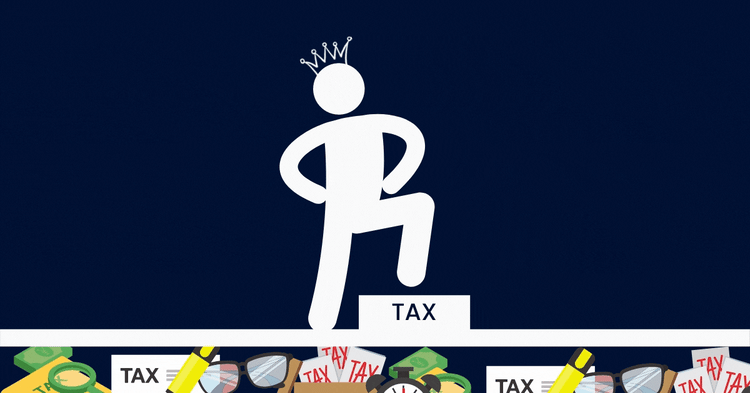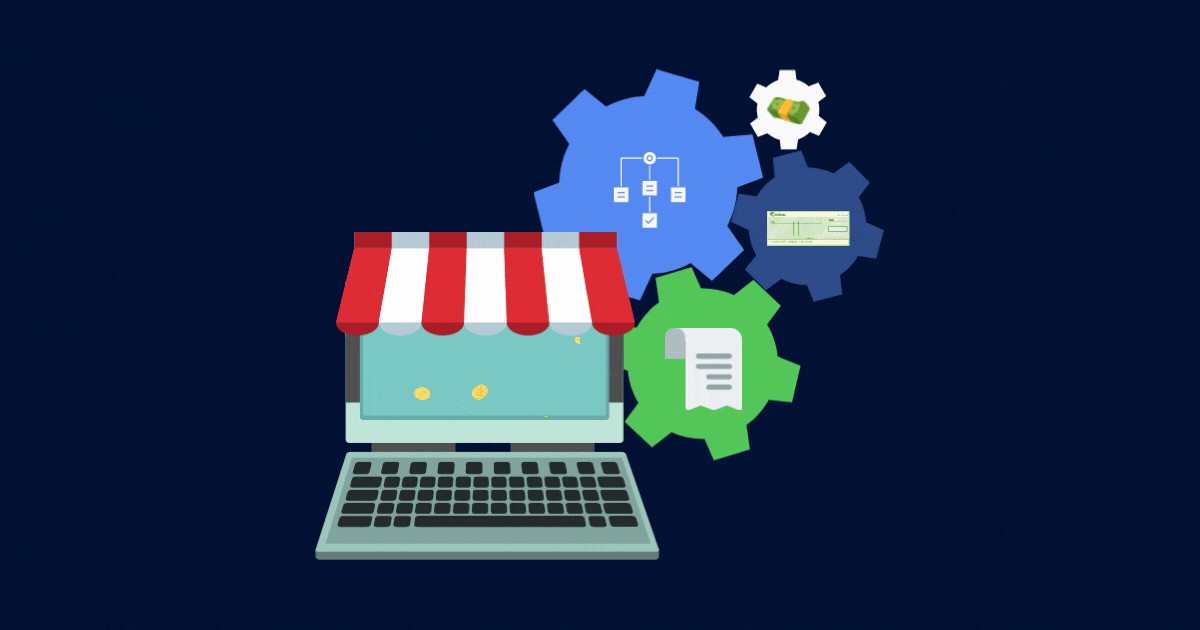
The good feeling of starting a new calendar. But, you know what that means! It’s time to start thinking about taxes. How does it make you feel that the tax season has returned? Are you feeling anxious, nervous, tired, or stressed? Whether you are filing taxes for your business or are an accountant entering a busy tax season for your client’s - we can all agree that this is a very stressful process. Here are three tips to keep in mind during this tax season to make it a little less painful.
Tip #1 - Review and Check For Missing Files
We all know the importance of record-keeping, but for tax purposes, there is a greater emphasis as the government may request you to provide evidence or matching documents to prove the legitimacy of filed information at any given time. In fact, the Canada Revenue Agency (CRA) requires businesses to “keep all required records and supporting documents for a period of six years from the end of the last tax year they relate to.” On the other hand, the Internal Revenue Service (IRS) requires businesses to “keep a record for 3 years. “
If your small and medium-sized business (SMB) is registered within Canada, you can find the list of forms you need to submit and more details under the CRA’s list. See the full list.
If your SMB is operating in the USA, you can find the list of forms you need to submit and required for each under the IRS’s list. See the full list.
Tip #2 - Embrace Technology
Are you feeling overwhelmed figuring out where the documents were are located and where you kept all your previous files? 2020 has taught everyone how to adapt quickly and the importance of adopting technological solutions to enhance businesses to reduce impact in unforeseen circumstances. The importance of adopting cloud-based solutions has been repeatedly emphasized over the last year. A cloud-based solution that can maintain the record and automatically reconcile everything, ensuring alignment for everyone and is up to date with accurate information is what you need. Best of all, all information is stored in one place that can be accessed anywhere at any time as long as you are given the authorization.
Now is the time to act and start active learning. The World Economic Forum report identified that high in-demand skills jobs in the next five years would include self-management skills, including active learning and flexibility.
Thus, slowly transitioning to adopting a cloud-based technology solution like Plooto to maintain your accounts payable and receivable will ease the tax preparation from a payables and receivables standpoint.
Additionally, using an online method of filing your taxes has proven to reduce the risk of making errors. Indeed, the IRS reported that only 0.5% of the online tax filing has errors, but paper filing increases the error rate to 21%.
Tip #3 - Know the Tax Deadline
There is no good in having your files ready but not submitting by the deadline. For Canadian businesses deadline to file your taxes are by April 30, 2021. With the surrounding circumstance, the CRA recommends filing online to avoid delays. As for the USA businesses deadline to file your taxes are by April 15, 2021.
Additional Tax Tips Available by the Government
For Canada – CRA: View the tips.
For the USA – IRS: View the tips.
Did you know?
If you are handling finance for a Canadian business, you can use Plooto to make CRA payments! Not only is it convenient but secure as well.  .
.












